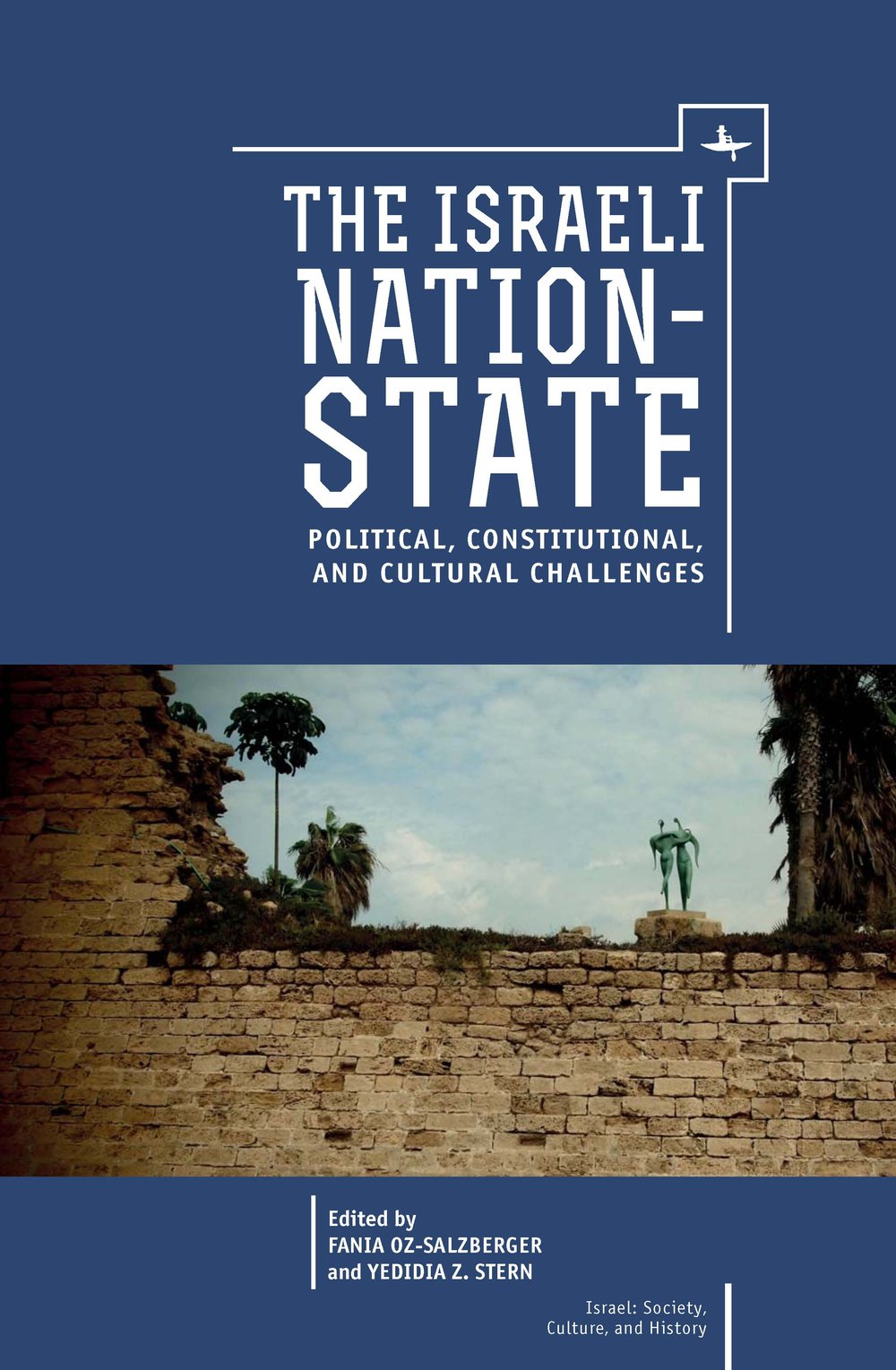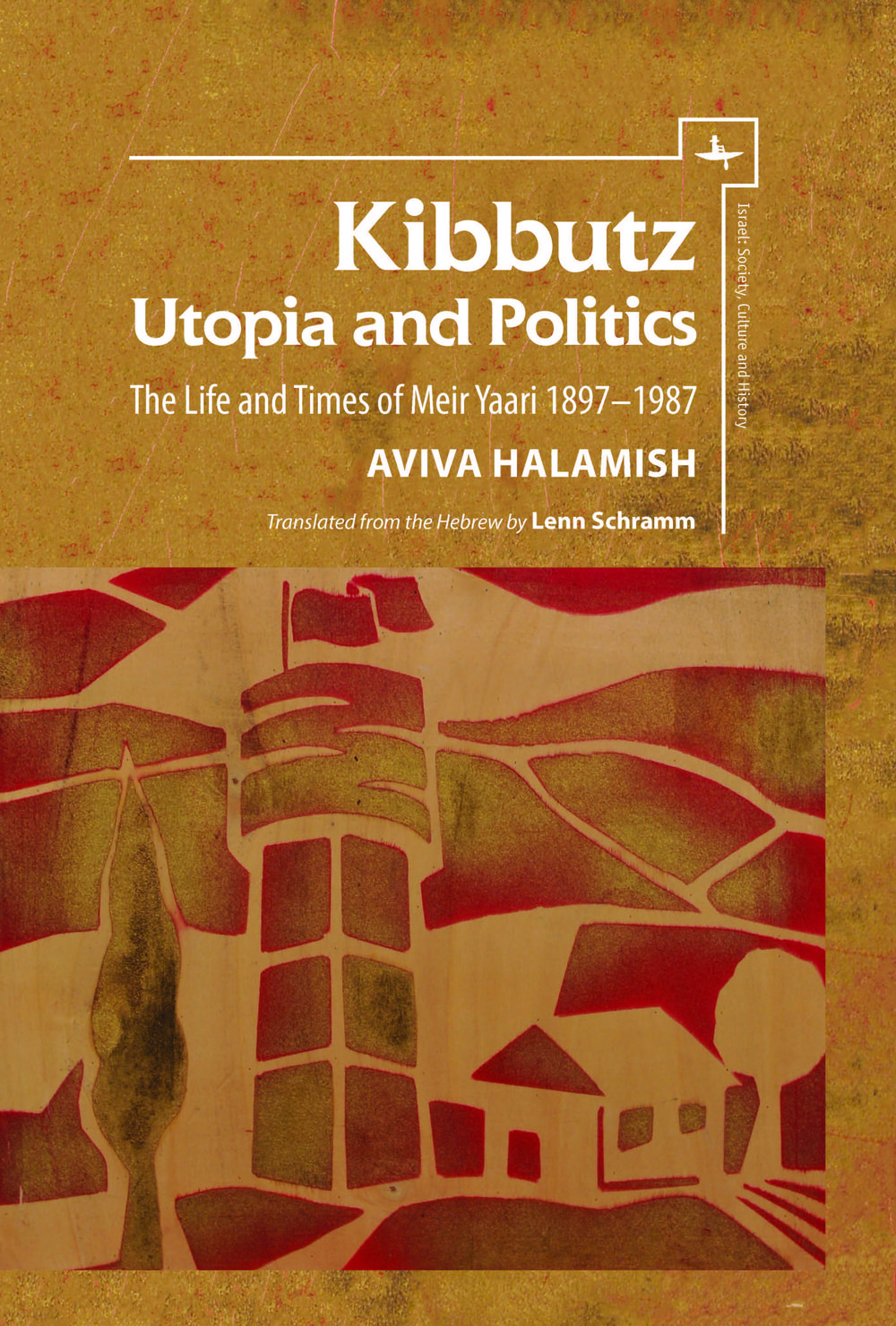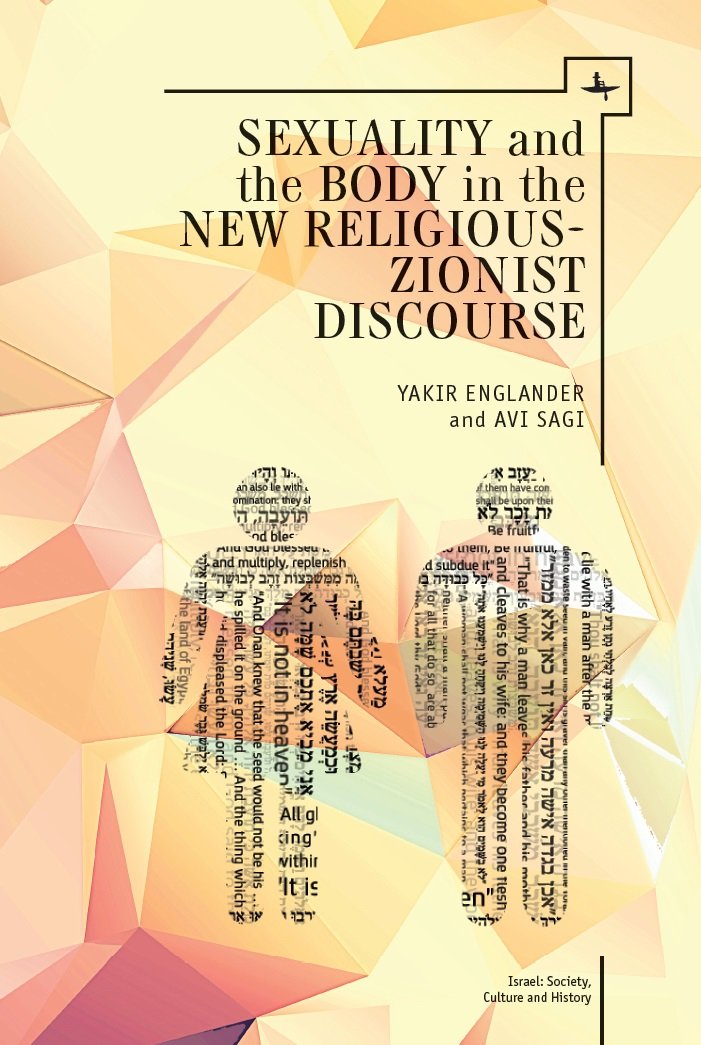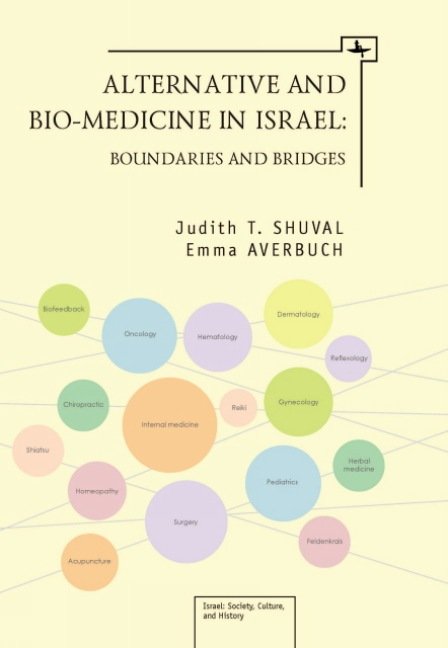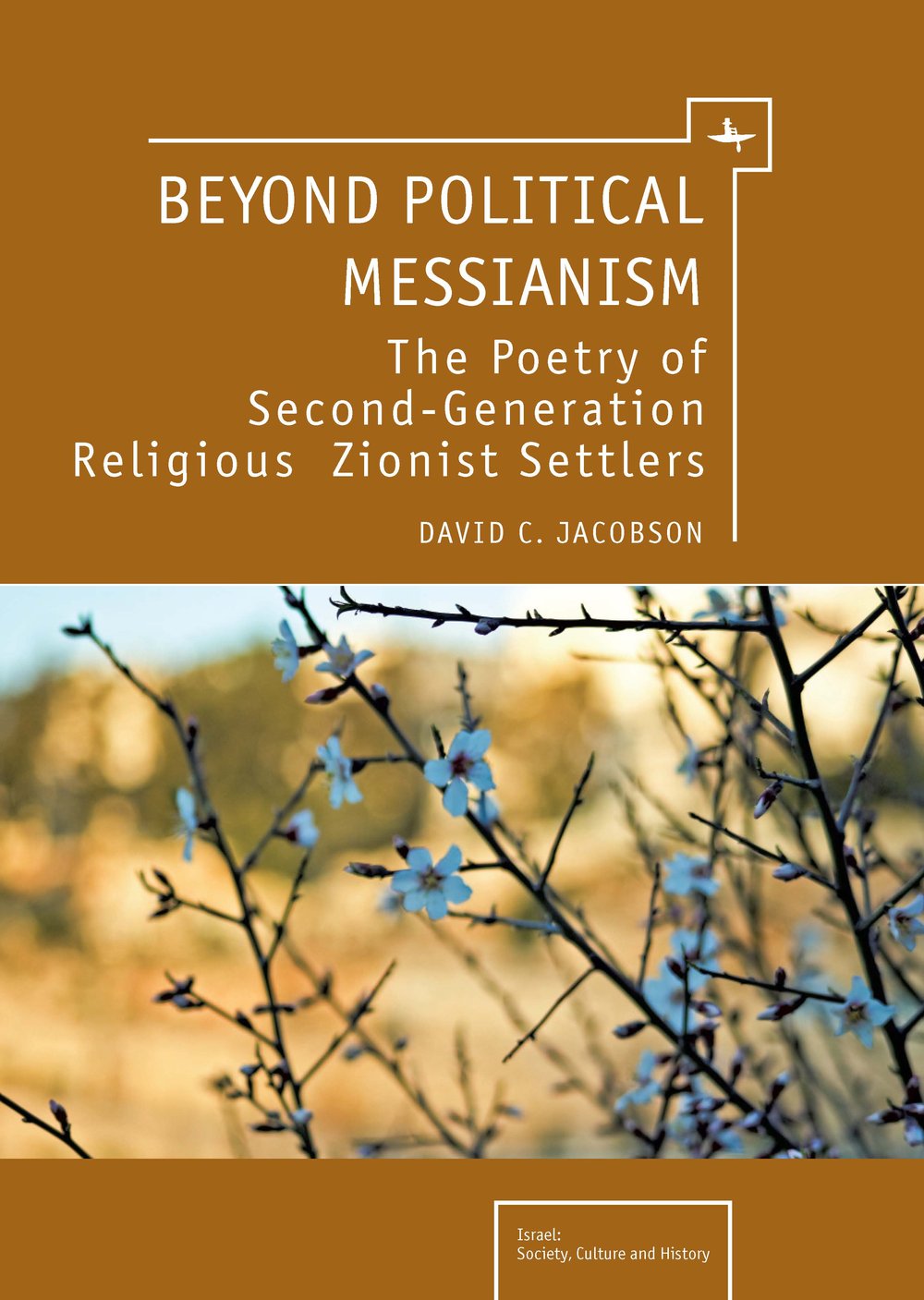Who is Afraid of Historical Redress?
The Israeli Victim-Perpetrator Dichotomy
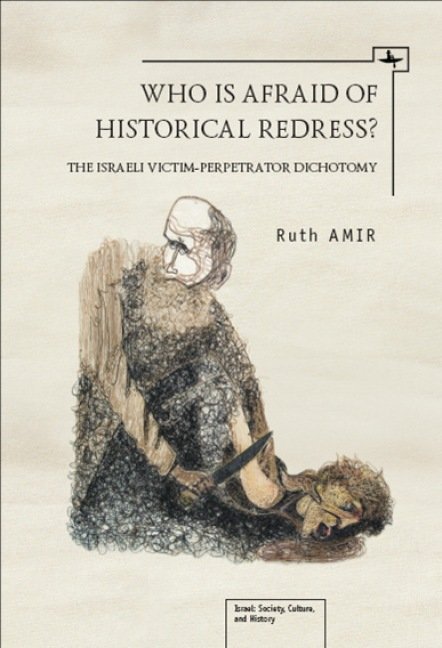
With the Holocaust resonating as the "thick background," historical redress processes in Israel render a particularly challenging case. The simultaneous concern the Jewish community has with past, present and future redress campaigns, as both victim and perpetrator, is unique. Who is Afraid of Historical Redress analyzes three cases of historical redress in Israel: the Yemeni children affair, the tinea capitis irradiations and the claims for the return of native land of the two Christian Palestinian villages of Iqrit and Bir'em. All three cases were redressed under the juridical edifice of legal thought and action. The outcomes suggest that these processes were insufficient for achieving closure by the victims, atonement by those responsible and reconciliation among social groups.

Ruth Amir is a Senior Lecturer and Chair of the Department of Multi-Disciplinary Studies at the Max Stern Academic College of Emek Yezreel. She is co-author of two books on electoral reform in Israel and on executive governance. In recent years her research and publications focus on Israeli politics and on the discourse of identity and collective memory. Her book entitled The politics of Victimhood: Historical Redress in Israel (in Hebrew) is forthcoming in 2012 with Resling Publishing Co., Tel Aviv.

